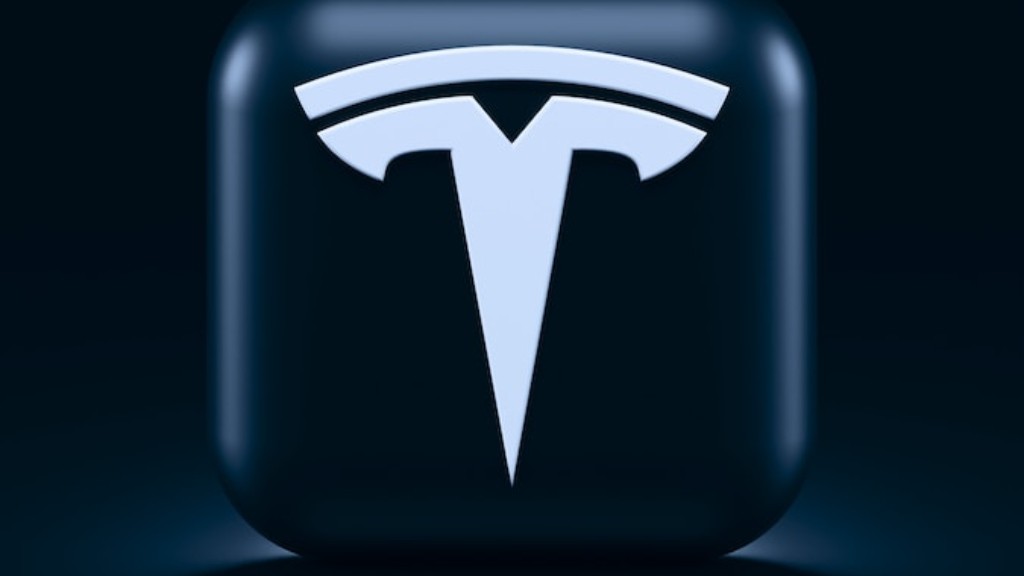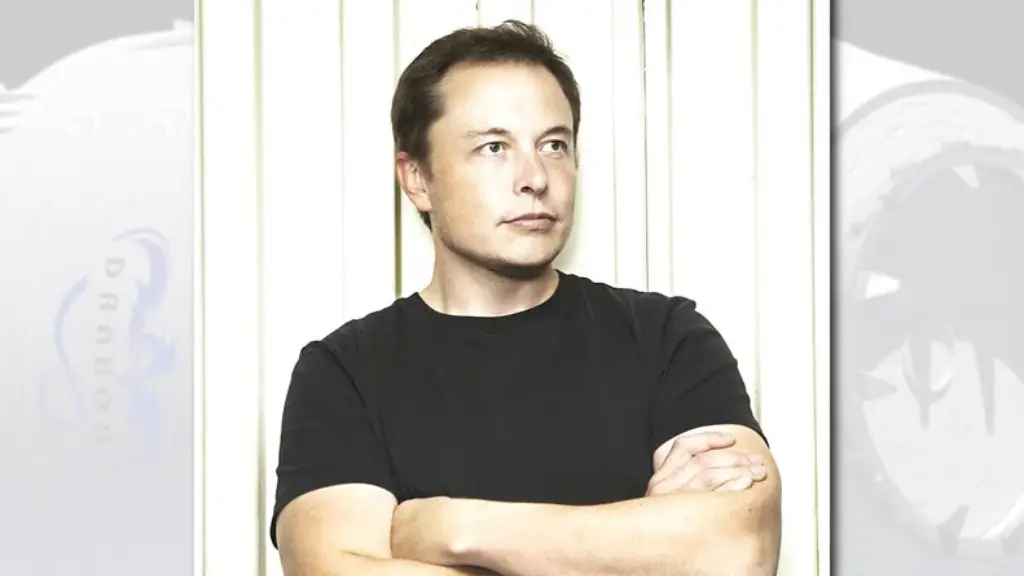Twitter’s monetisation strategy
When Elon Musk announced his purchase of Twitter in early 2021, the news sent shockwaves around the world. As the tech-mogul and visionary behind some of the most innovative companies of our time, such as Tesla and SpaceX, Musk’s acquisition of Twitter ignited a wave of speculation about his plans for the platform. In today’s business world, social media is an invaluable source of both information and revenue. Telecommunications companies, media networks, and tech startups alike have embraced monetising their platform in order to turn a profit and make the most of their reach. Consequently, it is unsurprising that the questions around Elon Musk’s new venture focus on how he plans to monetise Twitter.
As expected, the acquisition triggered widespread speculation. Social media experts suggested that improvements to Twitter Ads could be implemented in order to enhance the company’s monetisation strategy. This could involve the addition of sophisticated new features, such as targeting options and ad placement, which could help to increase ad revenue and lower the cost of running campaigns. In addition, the potential of Twitter to leverage new business models through affiliate programs and some kind of subscription-based setup were brought up. Nevertheless, the decision still rests with Musk.
From a consumer’s point of view, it is worth noting that Twitter has always taken a less aggressive approach to monetisation than other social media networks. The company is yet to implement any intrusive ads or push purchases on its users, making it one of the most pleasant social media experiences available. Therefore, many would argue that it would be a shame if Musk’s arrival on the scene changed the ecosystem of the platform dramatically. However, this remains to be seen.
To stay competitive in today’s market, it is becoming increasingly important for major social media networks to diversify their revenue streams. As such, there is an opportunity for Twitter to tap into different markets, potentially by launching products or services that offer something new and unique. For example, recent business strategies undertaken by companies such as Instagram, Snapchat and LinkedIn, who have gone down the route of creating premium services, have proved successful, leading many to suggest that this could be a viable path for Twitter to explore.
It remains to be seen what exact path Musk will take with Twitter in terms of monetisation. But recent reports suggest that the tech-mogul is looking to lay foundations for their first steps in this direction. As such, we can reasonably expect changes in the near future. Whether these changes will result in a profitable business model for the company is still up in the air, though.
The Impact of Monetisation on Twitter’s Core Values
With all this speculation surrounding the potential to monetise Twitter, it is worth considering how this could affect the core values of the company. Often described as a ‘free speech platform’, it is an important element of the user experience, and one which the company will want to preserve or even strengthen when introducing monetisation. If done carelessly or in the wrong way, it could lead to thePlatform losing its core identity.
Integrity is also essential when considering monetisation decisions. Customers within the platform will be expecting transparency and openness regarding usage of their data. It is up to the platform to set standards in terms of how this is managed, without compromising user freedoms or running the risk of a breach of trust. Therefore, it is important that Musk and his team are focused on ensuring that the company implements responsible monetisation strategies which prioritize customer trust and satisfaction.
Furthermore, we should take into consideration the potential impact of Twitter’s monetisation model on its user base. A recent survey found that users responded negative if they felt their feeds were too heavily monetised, leading to reduced engagement and user satisfaction. Therefore, it would be in the company’s best interests to ensure that their monetisation model doesn’t have a negative impact on users and that it is integrated seamlessly into their platform.
Successful monetisation will become a balancing act between customer privacy and engagement. It is critical that Twitter finds a way to generate revenue without compromising customer privacy or satisfaction, ensuring that users remain engaged in order to make the platform profitable. Achieving such an equilibrium will not be an easy task.
Data Analysis and Insights
The team behind Twitter’s monetisation strategy should be ready to make decisions based on a solid data analysis. The success of the platform’s monetisation efforts will largely depend on its ability to interpret how users engage with different content and respond accordingly. Through data analysis, the company can gain valuable insights into user behaviour, preferences and wants. Armed with this knowledge, Twitter can make educated decisions to ensure that the most relevant and high-value content is pushed in front of users in order to promote engagement
Furthermore, the company should ensure that it has the correct tools and metrics in place in order to analyse data on the platform. For example, metrics such as average time spent viewing an advertisement, click-through rates and impressions can all help to understand user behaviour and deliver the most effective monetisation strategies. The success of this data analysis will be largely dependent upon the correct implementation of tracking methods.
Insights gained via data analysis are also invaluable for determining the return on investment for ad campaigns and promotions. Promotion and advertising costs can quickly spiral if not managed effectively, so it is paramount that the team behind Twitter’s monetisation strategy keeps track of the impact that their campaigns have and determines whether or not they are generating the desired results. This can be done through the use of various metrics, such as impressions, click-through rates and conversions, to measure the effectiveness and ROI of each campaign.
Ultimately, a combination of data analysis and insights, plus educated and effective decision-making is required in order for Twitter to achieve a successful monetisation strategy. Without this, it is likely that the company will struggle to compete against other social media networks who have already successfully implemented their own.
Competition Analysis and Strategies
When looking to develop a monetisation strategy, it is important to consider how the companies’ competitors are performing. A review of the approaches other networks are taking and a comparative performance analysis can be useful for gaining perspective on the market. This can provide insight into where Twitter’s monetisation strategy can differentiate and provide a unique experience for users, as well as any shortcomings or areas of improvement that need addressing.
Another avenue to consider when implementing a monetisation strategy is the development of partnerships with other firms. This can be beneficial when it comes to both increasing user engagement and working with brands to develop promotions and advertising campaigns. It is also possible to create deals with advertisers who have already proven successful with these types of campaigns on other platforms, working with them to tailor ads to fit in with Twitter’s audience.
One final strategy which could be worth considering is the use of influencer marketing. By leveraging the power of celebrity endorsements and influencers, Twitter can tap into a large demographic of potential customers, thereby increasing its organic reach. Influencers can share sponsored content with large audiences, providing a platform for targeted advertisements without the same overhead costs associated with conventional advertising methods.
Clearly, there are numerous strategies and approaches which can be employed in order for Twitter to achieve a successful monetisation model. Each approach has its own advantages and drawbacks, and it will be up to Musk and the team to decide which combination will be the most beneficial for the platform.
Ethics and Legality
When discussing the potential monetisation of Twitter, there are additional considerations which must be taken into account, particularly with regards to ethical and legal issues which may arise. As a platform which is open to users of all ages, one of the main things to consider is how to protect users under the age of 18. The platform should take steps to ensure that appropriate security measures are in place to protect children and ensure that they are not exposed to inappropriate content.
In addition, another ethical consideration relates to the potential impact of the platform’s monetisation strategies on the mental health and wellbeing of those who use it. It is important to consider the implications of saturating feeds with promotional content, as it has been suggested that this can be detrimental to user experience and increase feelings of anxiety. As such, it is important that the company ensures that its monetisation strategies prioritize respect for its user’s wellbeing and put in place appropriate filters and safeguards to protect users.
On a legal level, it is also important for Twitter to be aware of the relevant data protection laws and regulations which may be in place. Data protection is something which the platform will need to be mindful of, as the misuse of personal data can have severe consequences. Twitter will have to ensure that it implements an effective privacy policy and is compliant with the regulations in place to protect user data.
Overall, it is clear that a monetisation strategy for Twitter comes with complex ethical, legal, and technical considerations. It is therefore essential that the team behind the strategy takes all of these into account in order to ensure that the platform doesn’t fall foul of regulations and can remain a platform which is both profitable and respectful of its users.
Investment Strategies
Alongside the development of a monetisation strategy, it is essential for Twitter to consider its investment strategies. Investing correctly can be the difference between a successful and unsuccessful business model. It is up to the company to decide how to allocate their funds in order to maximize returns and ensure that efficient, effective performance is maintained.
The team will also have to consider how to source the funds needed for their investments in the first place. There are a variety of options to consider, including traditional lending methods such as bank loans, venture capital, or seed funding. Each option has advantages and drawbacks, and it may be necessary to consider multiple methods in order to effectively secure the funds. The decision should ultimately be made based on the company’s needs and evaluating which option will produce the best outcome.
Investors should also bear in mind the risk associated with investments and ensure that they only commit to those which have potential to generate returns. It is therefore crucial that careful research is completed prior to investing. This may involve market analysis and competitor research, as well as looking at potential trends and opportunities. Twitter will need to assess the pros and cons of each potential investment in order to identify where the most value can be added.
Ultimately, investments are a key consideration for any company. Twitter will need to ensure that it evaluates options carefully and uses its resources effectively in order to achieve the best return on investment. If done correctly, investment strategies can be a powerful source of revenue for the platform, and a great tool for generating additional income.





